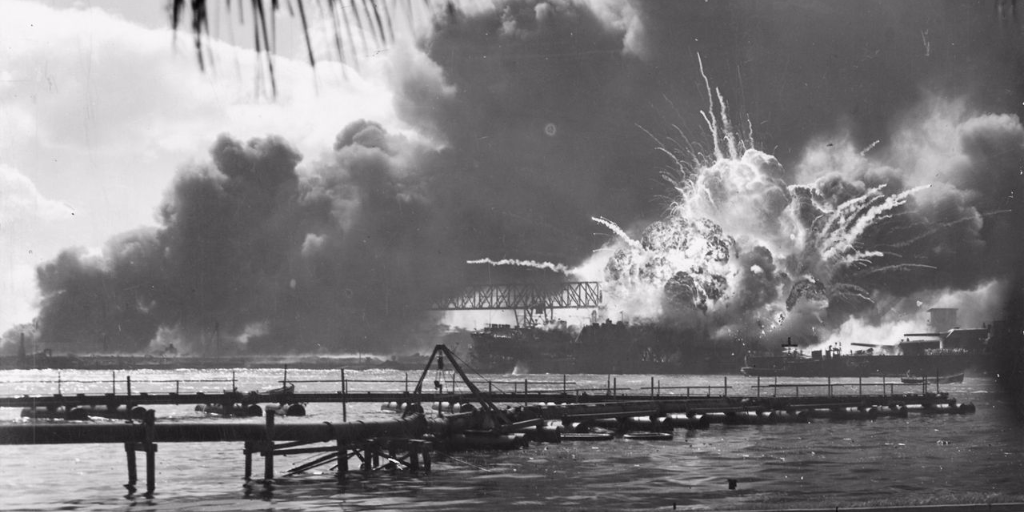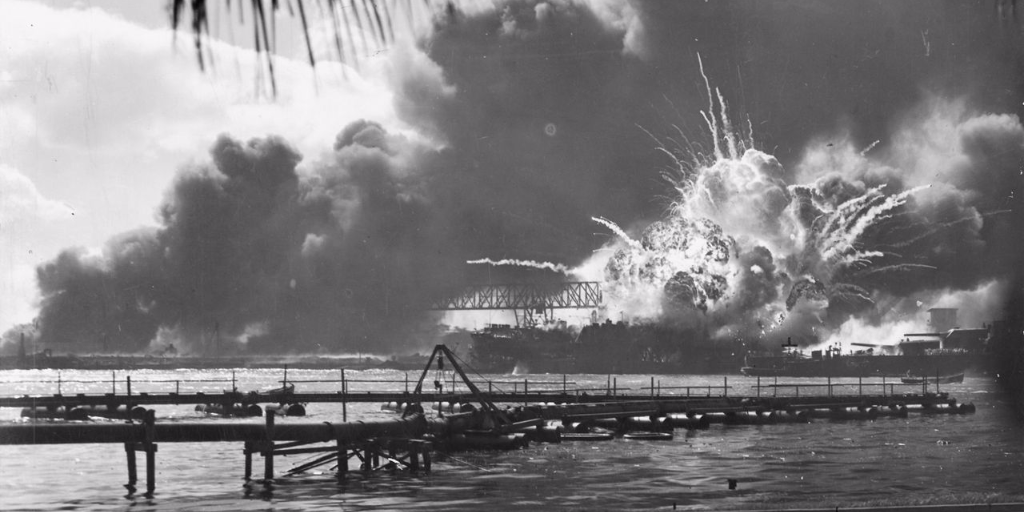It’s bizarre to think that the outcome of some of the most momentous events in Western history have hinged on one detail. But that’s the case. Here are four examples of what we mean.
The American Revolution
Near Miss: If, in 1776, a pro-British soldier had read a note instead of sticking it in his pocket, America might have lost the Revolutionary War.
What Happened: The British had captured New York and sent the rebels scattering across New Jersey. Now winter set in, and while British troops quartered in towns and villages, George Washington and his men camped in the wilderness without sufficient shoes or blankets for everyone. Morale was low; Washington badly needed a victory to rally his troops or, he said, “I think the game will be pretty near up.” Just in time, Washington learned that the Hessian troops (pro-British German mercenaries) stationed at Trenton were vulnerable to a surprise attack. So around midnight, December 26, he and his men secretly crossed the Delaware River to strike. A British spy found out their plans. But when the spy arrived at the Hessian camp, he was told to leave a note for the German-speaking colonel in charge. The colonel was busy “drinking applejack and playing cards”…and when he was handed the note, he ignored it. “It was late, he was groggy, and the note was in English, which he couldn’t read. He put it in his pocket.” “Washington attacked at dawn and took one thousand prisoners in a much-needed victory. The colonel was wounded in the battlefield. As he lay dying, the note was found and translated into German. Had he read it earlier, he admitted, ‘I would not be here.”’
The Titanic
Near Miss: With an extra pair of binoculars, the Titanic might have been saved.
What Happened: After the Titanic was launched, but before it left on its maiden voyage in 1912, one of the ship’s lookouts reported that two pairs of binoculars—used by the deck crew to spot icebergs—were missing. He put in a request for a new pair, but the request was denied. So the deck crew kept watch for icebergs with their naked eyes. On April 16, 1912, the Titanic struck an iceberg and sank, drowning more than 1,500 people. Lookout Frederick Fleet, one of only 705 survivors, told investigators that the binoculars would have allowed the crew to see the iceberg in time to avoid it.
Pearl Harbor
Near Miss: The U.S. almost learned of the attack on Pearl Harbor in time to defend against it.
What Happened: At 7a.m. on the morning of December 7, 1941, radar operators Joseph Lockhard and George Elliott had just finished their shift at a radar station on the island of Oahu, Hawaii. But the truck that was supposed to pick them up was late, so they stayed at their consoles a few minutes longer, and at 7:02 Elliott picked up the biggest blip either man had ever seen. They tried to call the control room, but according to John and Claire Whitcomb in their book Oh Say Can You See, “the line was dead—the men in the control room had gone to breakfast.”
Elliott tried the regular phone circuit and got through to Lieutenant Kermit Tyler, a pilot who was the only person on duty. “There’s a large number of planes coming in from the north, three degrees east.” Lieutenant Tyler was unimpressed. Lockhard got on the line and tried to convince the lieutenant that it was important—he had never seen so many planes on the screen. “Well, don’t worry about it,” Tyler finally said. At 7:45 a.m. the truck came and the two privates shut down the station and left. At 7:55 a.m. the first bombs fell on Pearl Harbor.
A President’s Life
Near Miss: President Franklin Delano Roosevelt was almost assassinated in 1943, during World War II…by the U.S. Navy.
What Happened: On November 14, 1943, the battleship Iowa was carrying FDR and his joint chiefs of staff to Cairo for a secret conference with Winston Churchill and Chiang Kai-shek. According to one account, “In one of the U.S. Navy’s most embarrassing moments, the destroyer William D. Porter, making a simulated torpedo attack during defensive exercises, inadvertently fired a live ‘fish’ directly at the Iowa. Five minutes of pure panic ensued. The Iowa’s skipper desperately executed a high-speed turn, trying to get his ship out of the line of fire. However, as the torpedo entered the Iowa’s churning wake, it exploded, set off by the extreme turbulence of the sea.”










